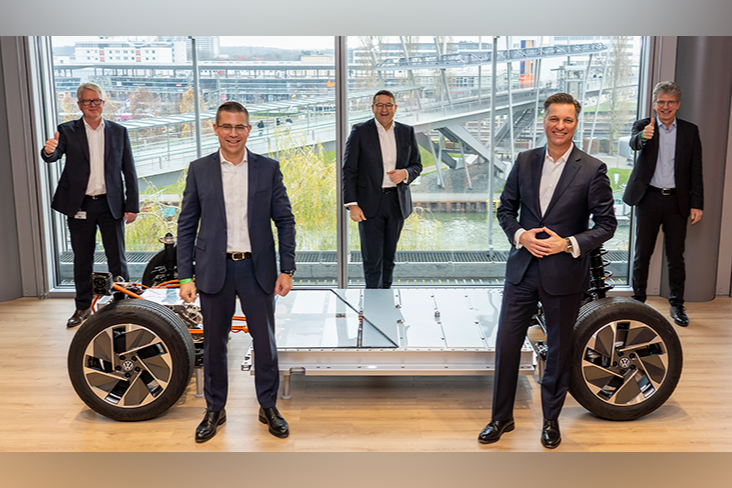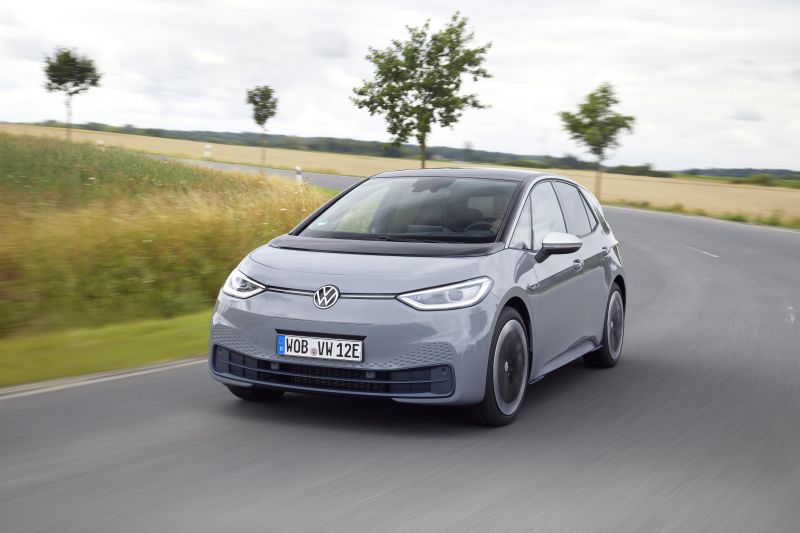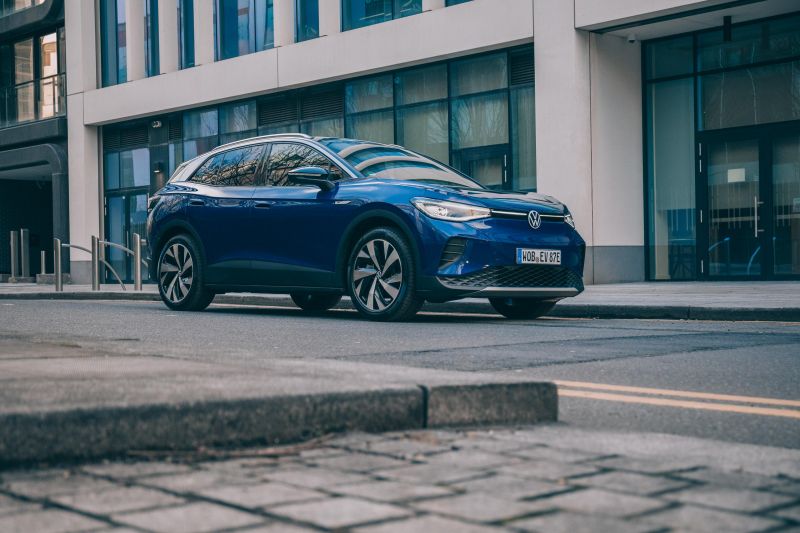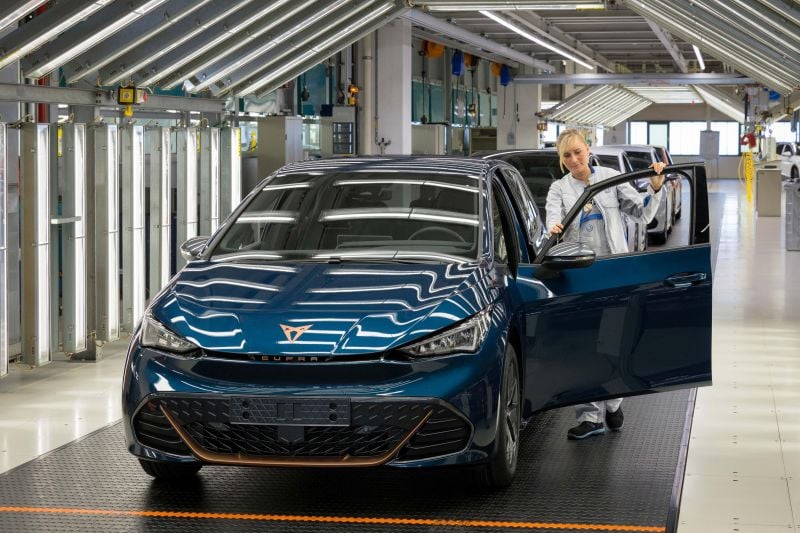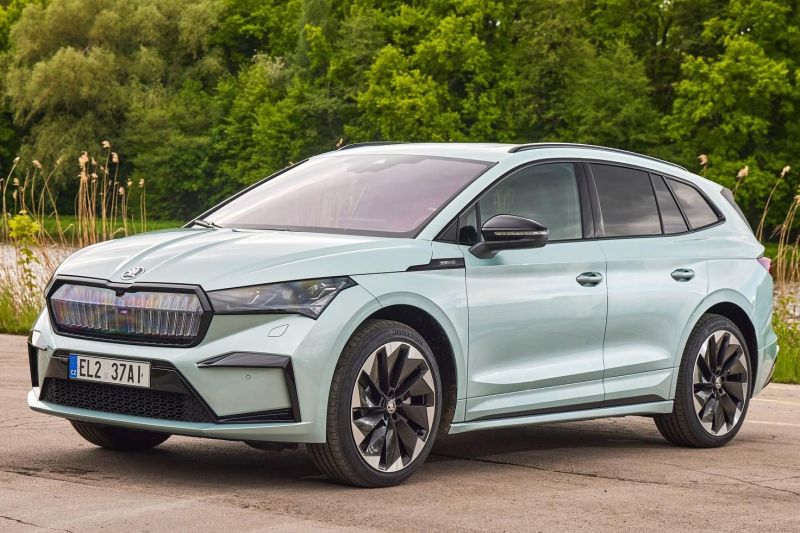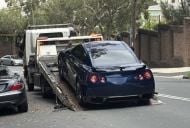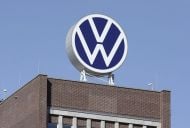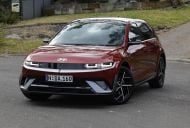Volkswagen Group is gearing up to make its electric vehicle (EV) batteries cheaper to produce and more technologically advanced.
The German firm has announced it’ll be entering into three separate partnerships in order to secure more key materials needed for its EV production push.
This includes a joint venture with a Belgian cathode material supplier, an agreement with a German lithium hydroxide supplier, and an investment in a US startup developing semi-solid batteries.
“Volkswagen is implementing its battery strategy very consistently and at a high pace,” said Volkswagen Group board member Thomas Schmall.
Said strategy also involves the construction of six battery factories across Europe by 2030, a move announced in March 2021.
As reported by Reuters, Mr Schmall indicated that building the battery plants and securing the materials needed for production would cost as much as €30 billion (A$47.43 billion).
A joint venture with Belgian materials technology company Umicore will see it supply Volkswagen Group’s battery production plants with cathode materials needed for EV batteries.
Volkswagen AG sees this partnership as the “next logical step towards vertical integration of the supply chain”.
Starting in 2025, the companies are aiming to produce 20GWh for the Volkswagen ‘gigafactory’ in Salzgitter, Germany.
Their ultimate goal is to reach an annual production capacity of 160GWh by the end of the decade, which Volkswagen AG says will be enough to power approximately 2.2 million EVs.
“The complementarity of our extensive technology, innovation and industrial know-how, will provide a strong framework to develop next-generation battery material technologies, giving us a considerable first-mover advantage in this fast-growing market,” said Umicore CEO Mathias Miedreich.
All of these proposed approaches and processes are subject to final agreements according to Volkswagen AG, with the two companies potentially including elements of recycling and refinement as part of the joint venture at a later date.
Volkswagen AG has also entered a long-term agreement with Vulcan Energy Resources regarding the supply of CO2-neutral lithium hydroxide from the Upper Rhine Valley in Germany.
A binding contract will see Vulcan Energy supply its CO2-free lithium hydroxide to Volkswagen AG from 2026 for five years.
“Through this agreement, Vulcan Energy will become a major enabler of Volkswagen’s world-leading target to produce carbon neutral EVs, including all raw materials in the battery supply chain,” said Vulcan Energy Managing Director Francis Wedin.
“We look forward to working closely with Volkswagen Group to build sustainable, local lithium supply for the German and European automotive sector.”
Lastly, Volkswagen AG is investing in US battery start-up 24M with the goal of industrialising its lithium-ion cell manufacturing process and platform.
A spin-off from the Massachusetts Institute of Technology (MIT), the startup’s semi-solid lithium-ion battery technology is said to be 40 per cent less to produce, yet the batteries are said to be more energy-dense than conventional lithium-ion batteries.
The goal for this partnership is to generate considerable cost-cutting measures in future battery production, by reducing material usage and getting rid of several production processes.
A new Volkswagen Group subsidiary is going to be further developing and upscaling 24M’s technology for automotive applications.
Large-scale production using this battery technology is aimed for the second half of the decade.
“The 24M missions is to develop a better, cleaner energy future powered by our technology,” said 24M President and CEO Naoki Ota.
“Our relationship with Volkswagen significantly expands the 24M ecosystem.”
MORE: Volkswagen Group to move to one EV platform, build six battery factories

